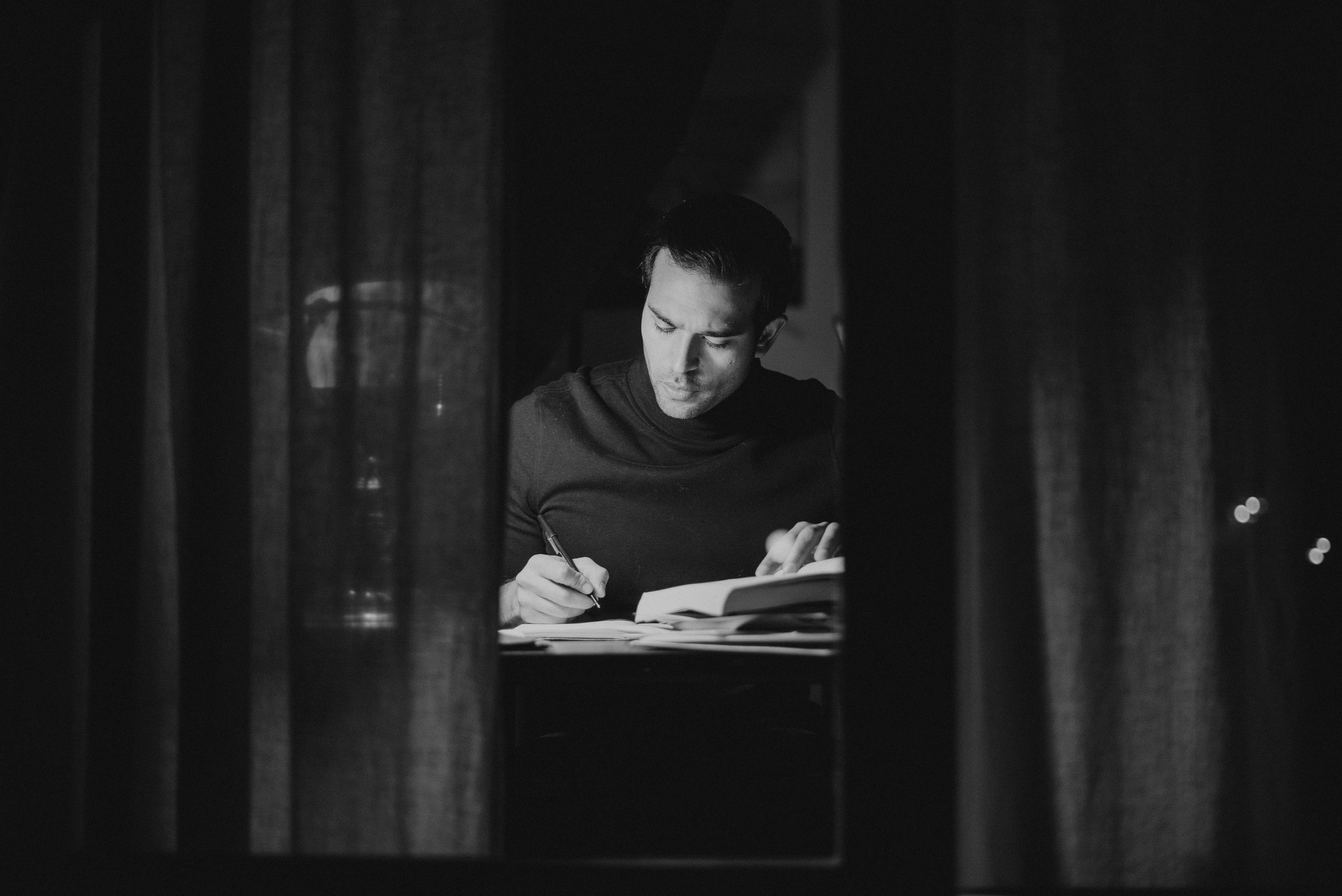The Imposter
I’ve worked with a number of clients and interviewed many writers who are dealing with or have had to confront what is commonly referred to as “Imposter Syndrome.” If you’ve got a bad case of it, you feel like a fraud, like you’re not a “real writer,” and you worry that it’s only a matter of time before your lie is revealed – in bad reviews, in a publishing house passing on your latest book, or simply a cutting remark at a cocktail party. Eventually everyone will know: there’s nothing extraordinary or interesting about you at all.
The Imposter Syndrome makes perfect sense to me. It’s partly a consequence of the admiration we have felt for others, particularly those artists who have moved and inspired us. If you’re like me, you have turned to their stories and music and images when you needed to be uplifted or entertained, when life felt stale or hopeless, and their work reminded you of something better than what you can currently see. What a relief to again feel buoyed by life’s rapid current like the lightness that comes when a fever breaks. Who are these wizards that can dispel the hex of despair? What is the secret to their magic?
Here's a clue: they, these wizards, didn’t actually lift your spirits. You did. You chose to turn your attention over to their story or song, you chose to enter that dream, to forget the world as you’d been living it, and in so doing chose to accept the hope they were offering. You returned to center. No one can put you there; they can only remind you it still exists if you’ve forgotten.
This is the other reason we may sometimes feel like imposters. Every artist on some level knows the limitation of their work. Whether you’ve articulated it or not, you know the audience is far more responsible for their experience of your work than the work itself. Perhaps you think this limitation applies only to your stories. Perhaps you would like to believe the real wizards can save you from yourself. No one can save you. We are all the jailer and the jailed, locking and unlocking our cell all the while crying that someone else holds the keys.
If you like the ideas and perspectives expressed here, feel free to contact me about individual coaching and group workshops.
Everyone Has What It Takes: A Writer’s Guide to the End of Self-Doubt
You can find William at: williamkenower.com


